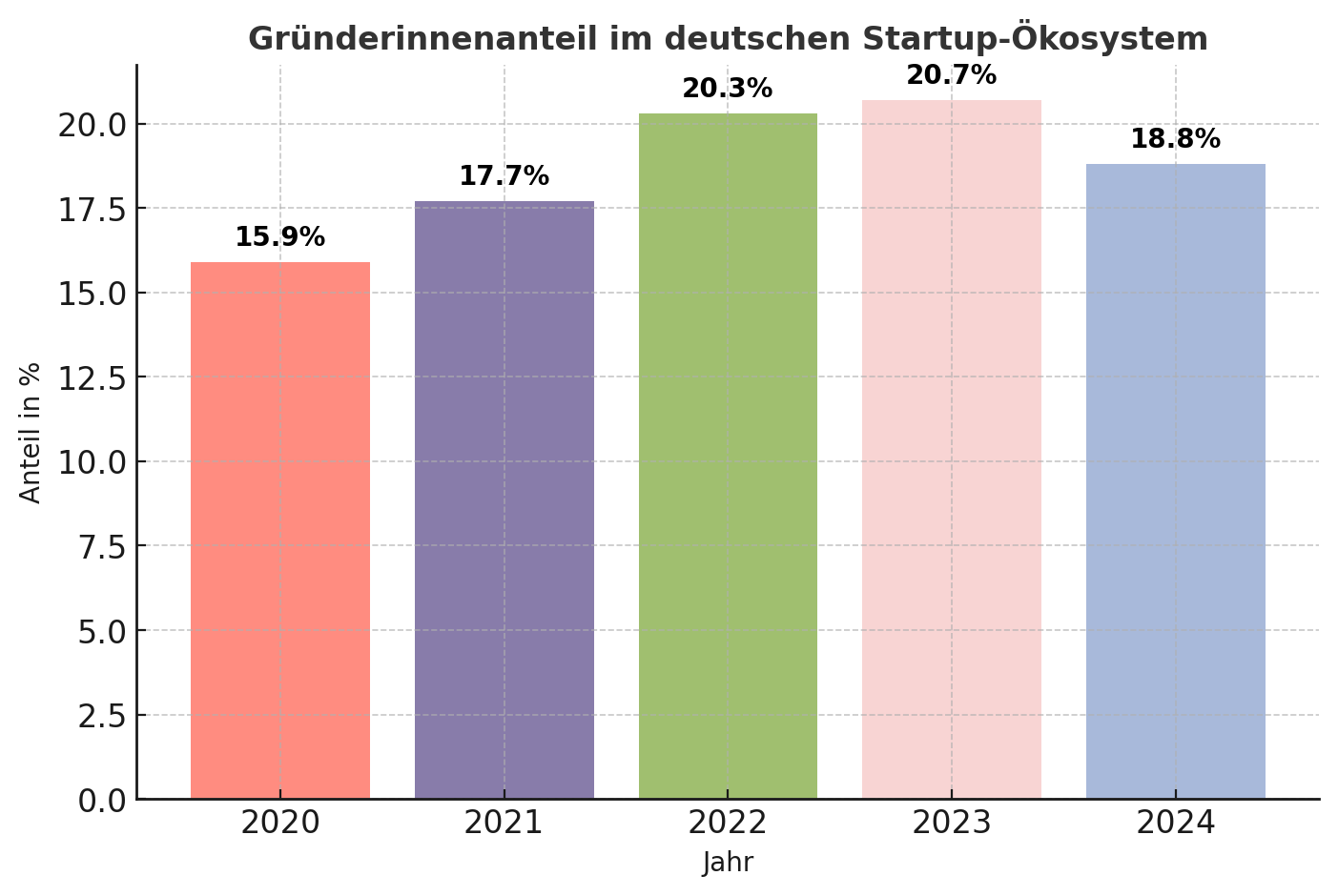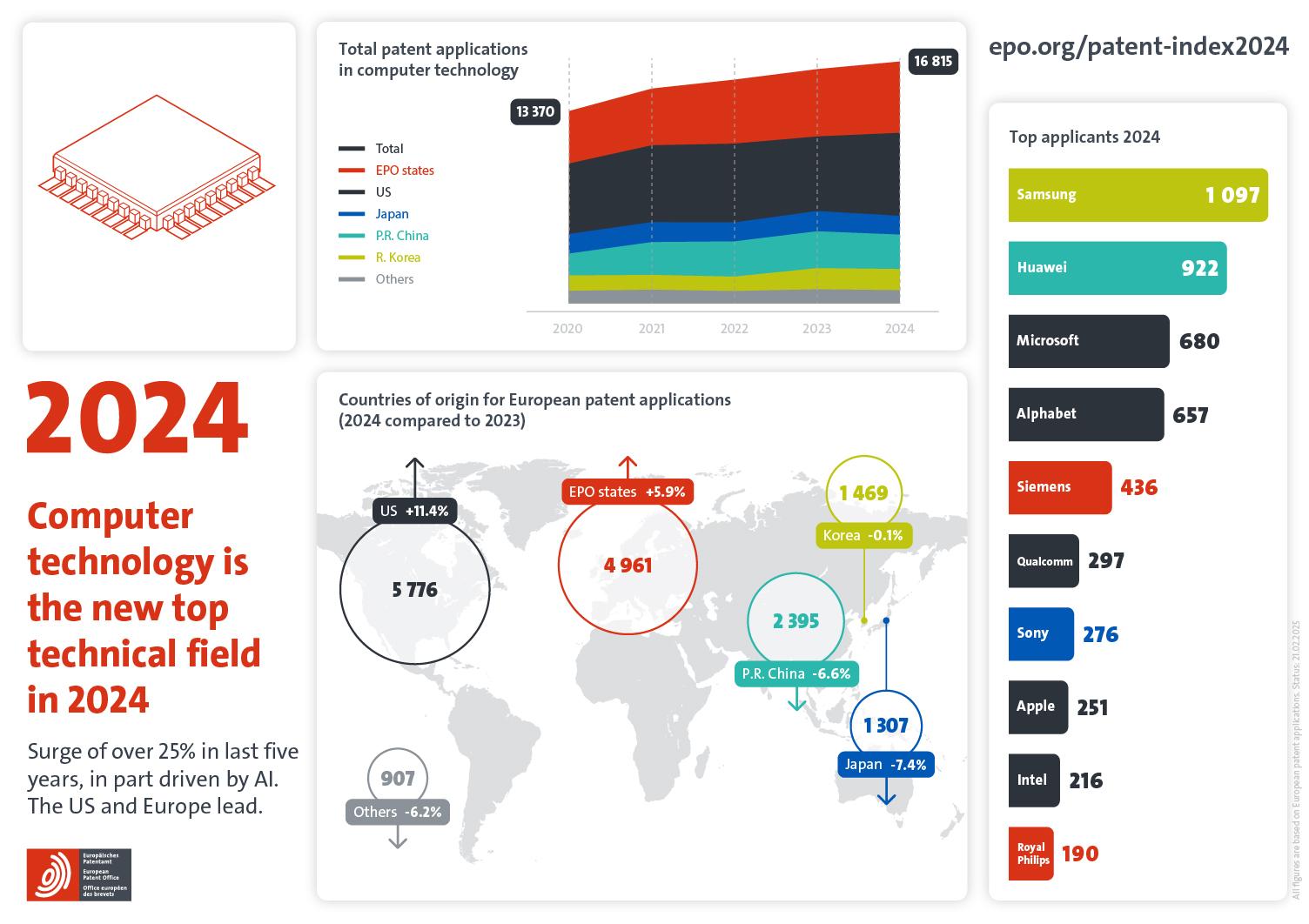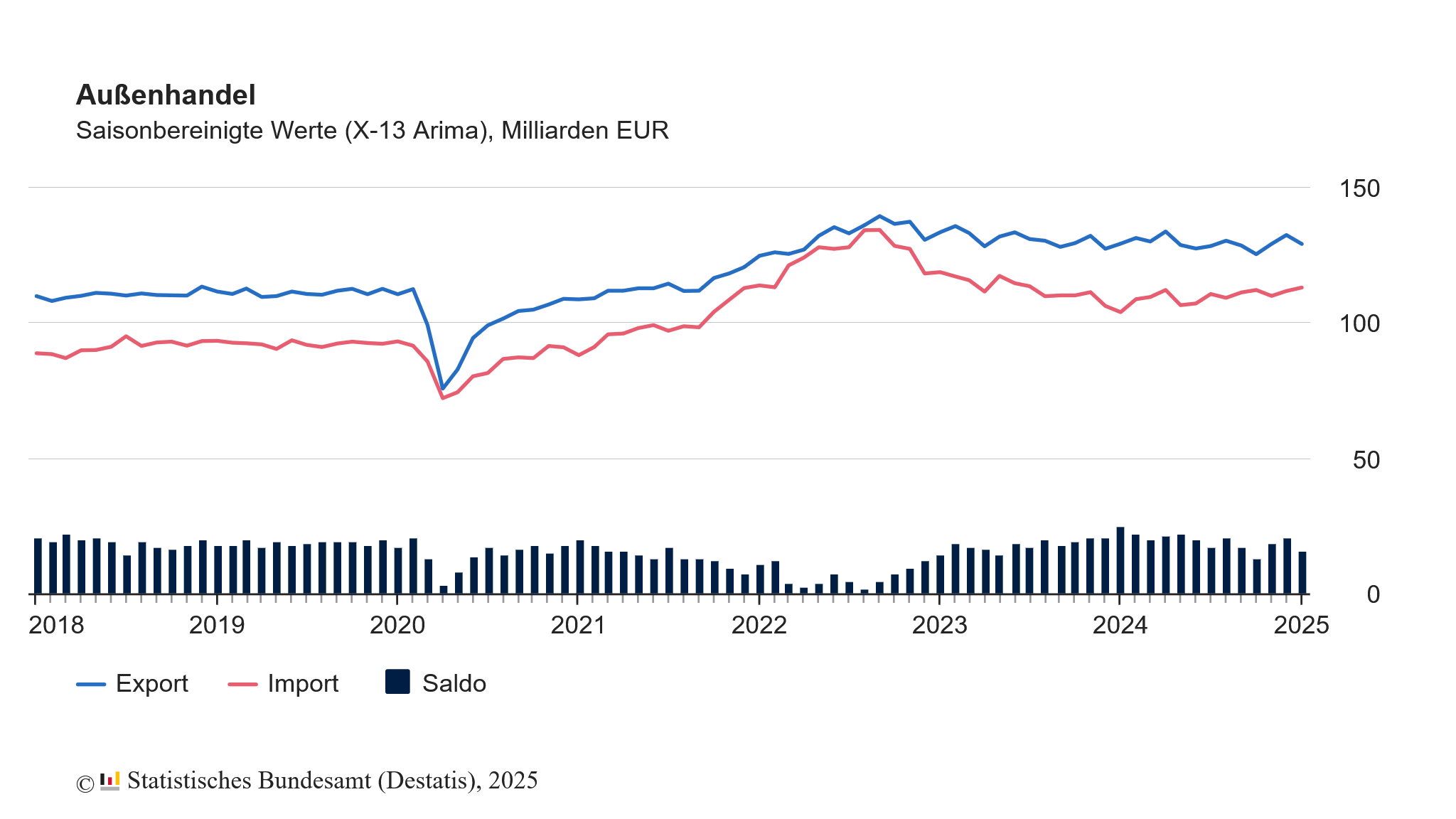How Spryker wants to attract tech talent despite the skills shortage

The battle for employees is escalating, partly because SMEs are snapping up employees from start-ups. How the multimillion start-up Spryker is dealing with this - and what others can learn.
Worth 500 million US dollars, expansion into the USA: the past few years have been increasingly characterized by success for the Berlin e-commerce start-up Spryker. With its construction kit for online stores, the start-up has managed to attract the attention of big names such as the equity firm TCV and later expanded into the USA. These could be days of joy, but for Elise Müller, the strong growth means pressure above all else: the HR manager of the start-up, which was founded in 2014, has to bring more and more employees on board with more and more orders - and they are harder to get than ever before.
The Great Resignation also reaches German start-ups
The start-up scene, like some other sectors, is suffering greatly from several developments that are leading to a major problem. Firstly, they are experiencing the so-called "great resignation", which can already be measured better in the USA than in Germany. The term describes the voluntary resignation of employees who have realized during the pandemic that they want to turn their lives around and are no longer interested in their current job. In the USA, this is said to have led to almost 60 million employees quitting their jobs between January 2021 and February 2022 alone.
Added to this is the greater competition, which is likely to be particularly noticeable in start-ups. On the one hand, this is competition among themselves, and on the other hand, it is the German SMEs or large DAX companies that are vying for the few programmers and specialists. This increases the shortage of skilled workers at start-ups enormously and drives up their costs for finding and retaining talent.
"The shortage of qualified workers is becoming the number one obstacle to growth."
Achim Berg, Bitkom
The result: young companies are desperately looking for employees. A recent survey by the digital association Bitkom showed that tech start-ups in Germany would very much like to hire new employees; eight out of ten companies are looking, and two thirds of the start-ups surveyed have vacancies. "This can become a problem," says Bitkom President Achim Berg: "The lack of qualified workers is becoming the number one obstacle to growth."
Bonuses, benefits and basic salary: companies' offers are becoming increasingly lavish
Elise Müller from Spryker knows all these problems only too well. When she started looking for employees for her start-up in 2017, she was still paying 50,000 to 60,000 euros for a good programmer; today, that can be twice as much. In addition, there are more and more "benefits" that a start-up has to offer young applicants. These range from a company car or company bike, to modern office equipment for working from home, to the offer to work from anywhere and at flexible times or the promise of more vacation days. "The benefits packages are much more generous today than they used to be," says Müller.
At Spryker, the core team from the beginning has largely remained, but staff turnover has increased in recent months, reports the start-up's HR manager. The turnover rate has climbed to an average of 18 percent and is even higher in the sales area. "It's difficult to keep people in sales for long. In addition to high salaries, large companies in particular offer even more benefits, even higher bonuses and so on. This naturally drives up the requirements of candidates," says Müller.

For Elise Müller, the battle for the best employees now feels like a big shark tank: Everyone is circling around a few talented people. This is particularly noticeable in Germany, because there are not many new qualified employees coming through, especially in the tech sector. The competition on the domestic market is correspondingly fierce, which has prompted Spryker to take a - in hindsight clever - step: instead of just in the DACH region, the start-up is also looking in the USA, UK, the entire Asian region and other countries that many people don't have on their radar at the moment. After all, developers can theoretically work from anywhere and at any time. "We have made our talent funnels bigger, so to speak," says Müller.
The wave of redundancies at start-ups offers opportunities for companies that get through the crisis well
Of course, the costs for international recruitment are higher because you may also need headhunters, people who have the bureaucracy under control and have to fly employees to the headquarters from time to time. But Müller believes the move was worth it. In addition, the international search also has the advantage that vacancies can be filled more quickly through poaching. Unlike in Germany, there is not always a three- or six-month notice period, so new employees can start their new job more quickly.
The current situation at other companies that are currently having to lay off their employees is positive for the start-up. This means that more employees who were previously tied to one company are coming back onto the market. "We are specifically looking around here, including on platforms such as LinkedIn," says Spryker Head of HR Müller. Again and again, acquaintances, HR managers or companies in the network would refer to talents who have just become available or you would read about redundancies. It is not uncommon for employees to post lists online of who is currently looking for a job. "We then write to the employees directly or send them a link to the careers page. These are new approaches, but of course we have to take them," says Müller.

Newsletter
Startups, stories and stats from the German startup ecosystem straight to your inbox. Subscribe with 2 clicks. Noice.
LinkedIn ConnectFYI: English edition available
Hello my friend, have you been stranded on the German edition of Startbase? At least your browser tells us, that you do not speak German - so maybe you would like to switch to the English edition instead?
FYI: Deutsche Edition verfügbar
Hallo mein Freund, du befindest dich auf der Englischen Edition der Startbase und laut deinem Browser sprichst du eigentlich auch Deutsch. Magst du die Sprache wechseln?


















